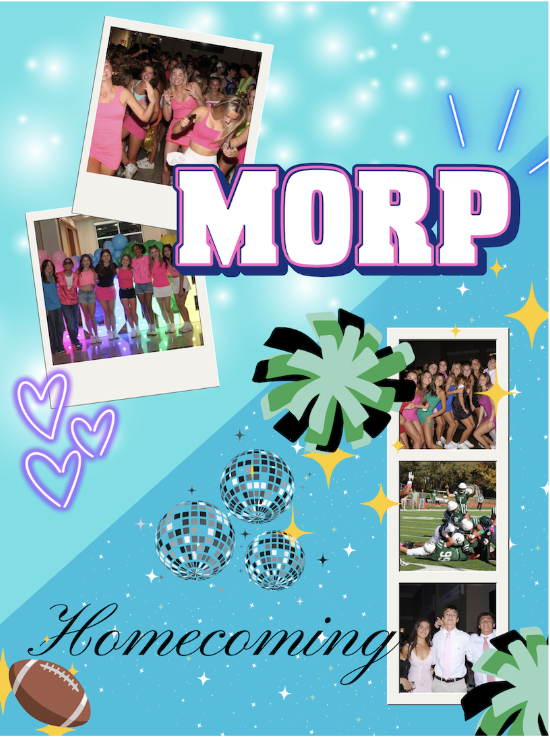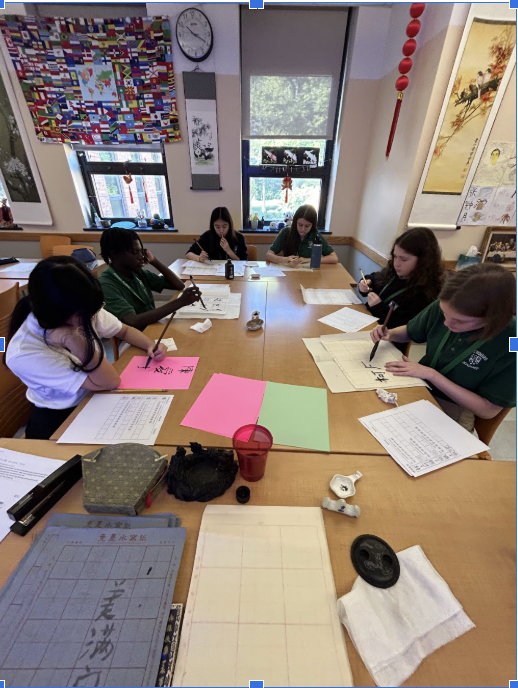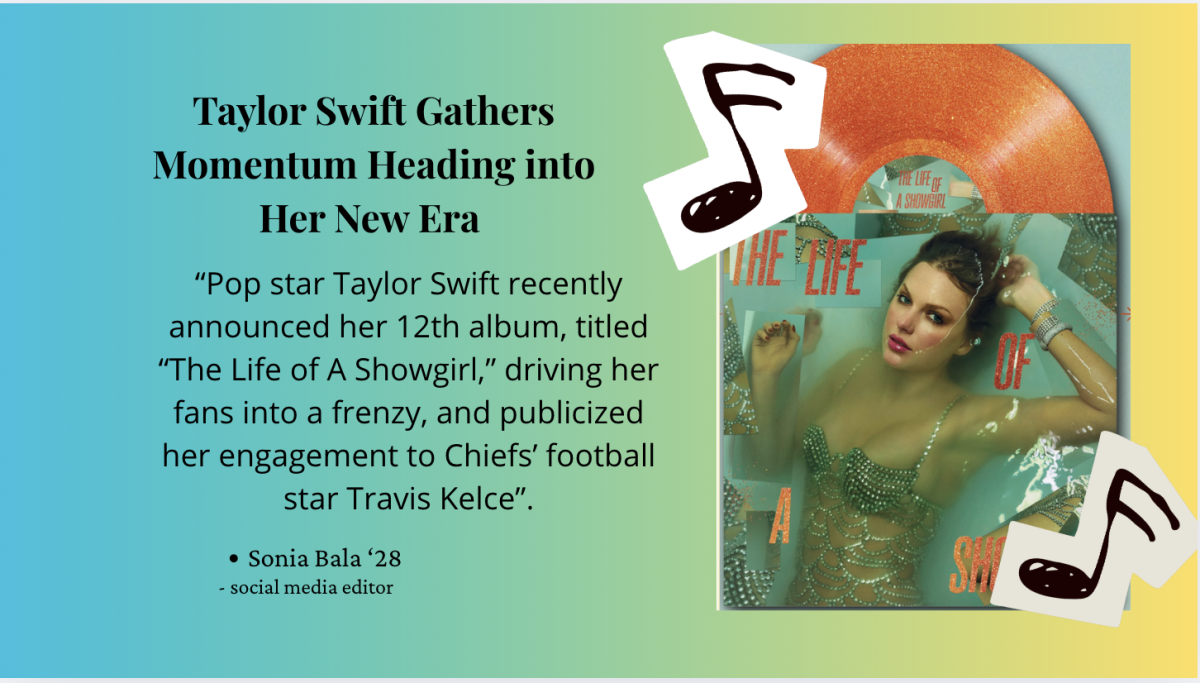On June 29, 2023, the United States Supreme Court ruled against the practice of affirmative action, effectively ending race-conscious admissions processes in colleges and universities –both public and private– across the country.
The decision comes as a success for Students For Fair Admissions, the nonprofit legal advocacy group that initiated the case by suing Harvard and the University of North Carolina. Among other claims, Students For Fair Admission argued that these schools discriminated against rejected Asian-American students with higher standardized test scores and grades than accepted students of other races.
The final decision was divided along partisan lines, as the three more liberal Supreme Court justices voted in favor of affirmative action while the six-justice conservative majority voted to gut the process. Justice Clarence Thomas, who was a part of the conservative majority, spoke of the now rescinded affirmative action policies, saying, “Those policies fly in the face of our colorblind Constitution.” Meanwhile, Justice Ketanji Brown Jackson, part of the liberal minority, expressed her dissent to the Court’s decision, saying, “But deeming race irrelevant in law does not make it so in life.”
Mrs. Reigner, one of Archmere’s college counseling officers, explained how this ruling has affected how colleges have traditionally thought about diversifying their student body. “This decision asked [colleges and universities] to be thoughtful in different ways about diversity and rely on different means as the SCOTUS decision did leave the door open for analysis of race if the student were to talk about in an essay. They just can’t use the reported race,” she says.
“The solution that many schools have come with in how they can legally still take into consideration racial diversity is by creating questions that would provide an opportunity for some students to share information about their racial background,” Mrs. Reigner says. Though some schools, like Tufts University, have utilized this type of supplement for years, many schools, like the University of Virginia, decided to update supplements for the 2023-24 year in response to this ruling. Some Archmere students have experienced this change first hand as they apply to colleges. “It affected a lot of the supplemental essay questions for most, if not all, of the colleges that I applied to,” said Grace Koch ‘24.
The immediate effects of the SCOTUS decision on applications and colleges’ diversity are not entirely clear. Because admission results for this year are not finalized, no accurate conclusions can be drawn. Mrs. Reigner says, “I think that there are many in the college counseling and admission world that are concerned that this could negatively impact racial diversity on campuses.” However, she did point out that a few higher education institutions, like the UCs and the University of Michigan, have shown what a successful path forward without affirmative action can look like. She says, “I think it is noteworthy that something as big and diverse as the University of California system has been reading without race for many years.”
Students have mixed reactions to this decision. Some feel that this decision may put them at a disadvantage, with one anonymous student remarking that it could change their chances of being accepted to certain schools. Others view it as making the admissions process fairer, with another anonymous student saying, “I think it helps even the playing field.”
No matter one’s opinion on the subject, the SCOTUS decision on affirmative action has prompted numerous discussions on the topic, as well as has shone a spotlight on the entire admissions process to colleges and universities in the United States. As schools finalize their admitted classes later this year, the effects of the ruling will certainly become more evident.

















